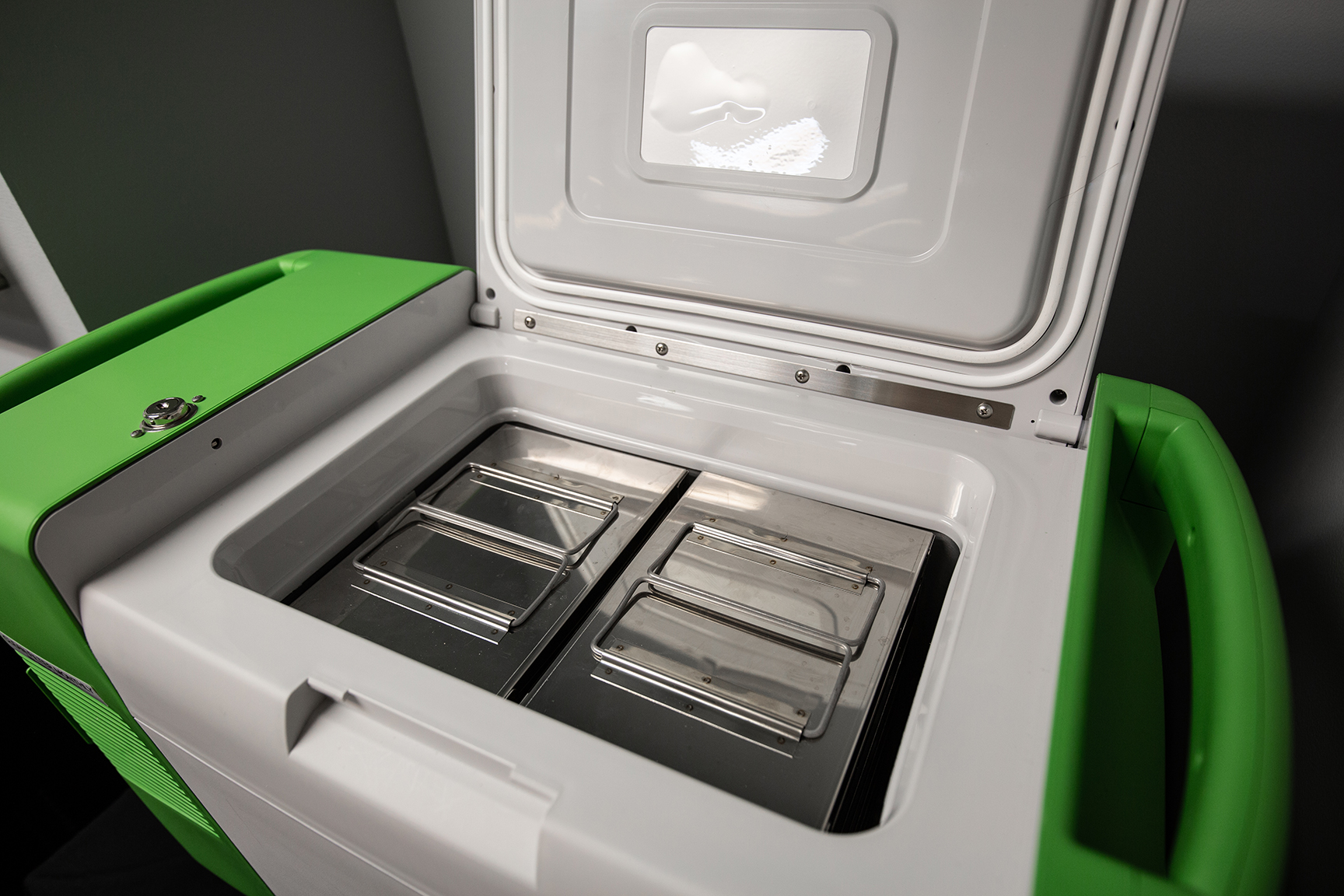UPS ramps up dry ice production ahead of Covid-19 vaccines
25 / 11 / 2020

Stirling ULT25 NEU Portable Ultra-Low Temperature Freezer 4
Express firm UPS is ramping up its dry ice production capability as part of efforts to prepare for the launch of Covid-19 vaccines over the coming months.
The company said that its UPS Healthcare division now can produce up to 544kgs of dry ice per hour in its US facilities to support the storage and transportation of cold chain products, such as frozen vaccines.
The move comes as a spike in demand is causing logistics providers to plan for what some analysts fear may be a dry ice shortage.
UPS has also partnered with Stirling Ultracold to make portable ultra-low temperature freezers available. These devices can protect vaccines requiring ultra-low temperatures ranging anywhere from -20°C to -80°C.
The increased production also allows UPS to make dry ice available for US and Canadian hospitals, clinics and other points of care requiring dry ice to store vaccines locally.
Dry ice will be sourced at its Louisville UPS Worldport hub and can be available next day.
“Enhancing our dry ice production capabilities increases our supply chain agility and reliability immensely when it comes to handling complex vaccines for our customers,” said Wes Wheeler, president of UPS Healthcare. “Healthcare facilities in Louisville, Dallas and Ontario will ensure we have the capability to produce dry ice to sufficiently pack and replenish shipments as needed to keep products viable and effective.”
The move comes as the first two vaccines to announce trial results present transportation and storage challenges.
The Pfizer and BioNTech vaccine must be kept deep frozen (at minus 70 degrees Celsius). To help combat the issue, Pfizer has developed boxes that utilise dry ice and can be used to transport its vaccine.
However, the amount of dry ice that can be carried on an aircraft is limited, due to its oxygen consumption, which could place limits on how much can be transported by airfreight.
Moderna’s vaccine can be stored long-term at minus 20 degrees Celsius, but is stable for 30 days between 2 degrees to 8 degrees Celsius.
Another vaccine being developed by the University of Oxford and AstraZeneca, can be transported at between 2-8 degress Celsius, which the industry is much more geared towards.
Trials show that this vaccine is less effective, but is also far less expensive.
Another vaccine from Gamaleya can also be transported at 2 to 8 degrees Celsisus.














